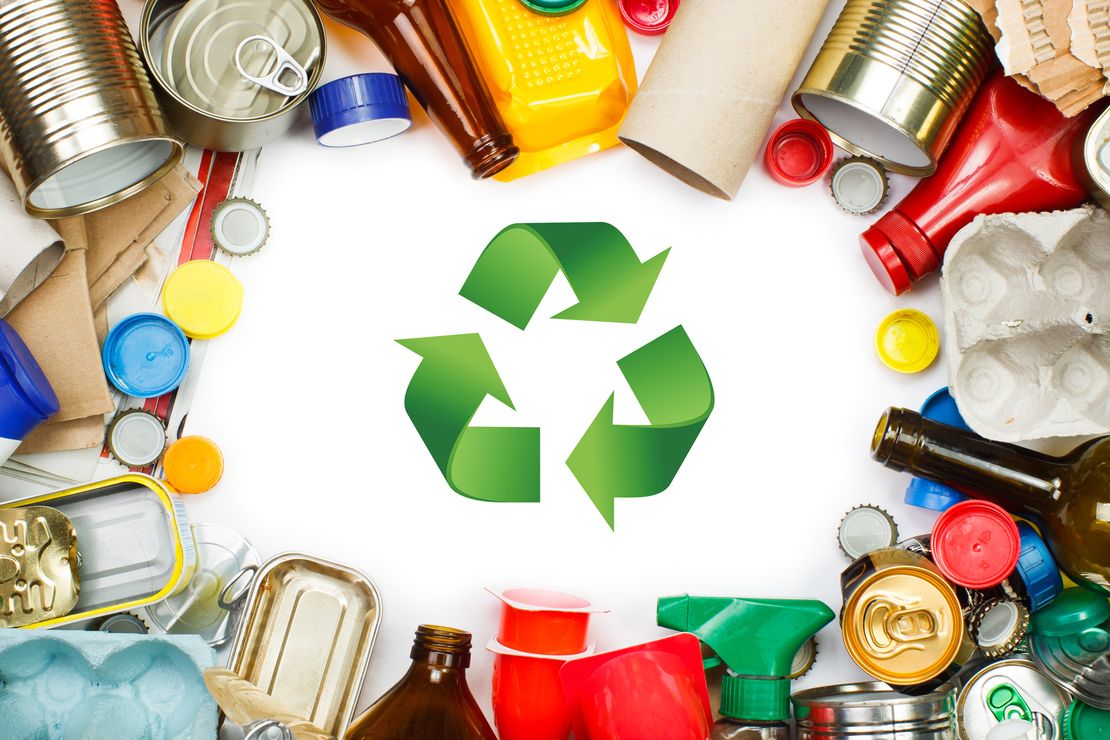
The PNRS, established by Law No. 12,305/2010, turns 10 years old this month. Since then, some advances have been made in the country's solid waste management, but there is still much to be done. To begin with, we were not even able to meet the goal of ending landfills (originally scheduled for 2014) and we continue to have more than 60% of Brazilian municipalities – that is, 3,344 municipalities – disposing of their waste in inappropriate locations, according to the ABRELPE Panorama 2018/2019.
Recycling rates in the country also remain well below what is desired and have evolved little over the last 10 years. Despite estimates between a paltry 3% and 6 % of the total waste generated, a survey by the National Movement of Recyclable Material Collectors (MNCR) and the Department of Economics at the Federal University of Bahia showed that up to 1 million people make a living from collecting recyclable materials, the vast majority without any other subsistence alternative. It can be seen that there is little to celebrate.
So, what needs to be done to actually advance solid waste management in the country, especially when it comes to increasing recycling rates and bringing minimum living conditions to collectors? We can comment on some main points:
– Segregation at origin and selective collection: Segregation at source, which is nothing more than separating dry waste from wet waste, is of great importance so that recyclable materials can be reincorporated into the production system and is vital to guarantee a quality input to recyclers/assimilators. Even though we generate a lot of waste, this material needs to be of a minimum quality to be able to become packaging again. This is where we, consumers, come in: by separating the organic fraction from recyclable materials and sending them to selective collection, we help ensure that this chain has the minimum quantity and quality to be economically sustainable. Municipalities need to enable the selective collection of urban solid waste and send it to sorting centers or recycling cooperatives. According to data from the National Sanitation Information System (SNIS), in 2017, only 22% of Brazilian municipalities had selective collection.
– Increase recycling capacity for sorting recycled material: It is essential that there is investment in cooperatives and improvements in the working conditions of recyclable material collectors. Individual collectors live in a situation of great vulnerability and because they are unable to accumulate larger volumes of waste, they sell this material for a very low price, without any type of assistance. Organization in cooperatives/associations is a way of providing these workers with minimum working and income conditions.
– Industry commitment to using and increasing the content of recycled material in its packaging and in the development of “circular” wrappers: On the one hand, it is necessary for consumer goods companies to commit to incorporating a percentage of recycled material in their packaging to guarantee the demand and price of this material. On the other hand, packaging manufacturers need to develop them so that they can be recyclable, returnable or disposable (with a design thinking about the Circular Economy). A study of the 2019 Ellen MacArthur reported that Nestlé, PepsiCo, Unilever, Mars, Coca-Cola and L'Oréal have made significant targets both in relation to increasing the percentage of post-consumer plastic resin in their packaging, and the commitment that by 2025, 100% of their packaging will be reusable , recyclable or compostable. A Nature also has quite ambitious commitments in this regard, it is worth checking the Vision 2050 from the company.
Which companies do you know that already have commitments regarding reusable, recyclable or compostable packaging? Have you ever imagined what partnerships are needed between all links in the chain (including competitors) to make this happen? Did you know that there are organizations that seek shared solid waste management for the transition to the #ECircular economy?”
Share